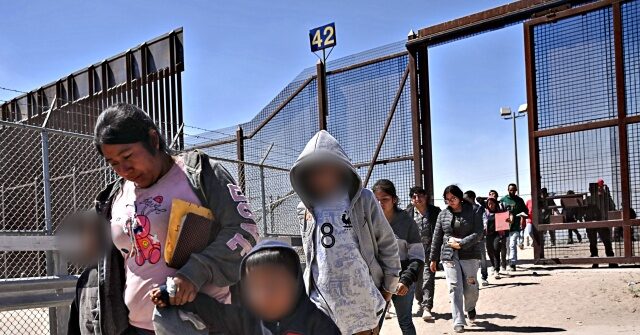HelloFresh, a Germany-based meal delivery service, is currently under scrutiny from the Labor Department for allegedly hiring migrant children at its facility in Aurora, Illinois. Reports indicate that at least six teenagers, some said to be from Guatemala, have been found working night shifts at this facility. The situation has escalated to an investigation not only into HelloFresh but also into Midway Staffing, the agency responsible for employing these minors. The investigation was prompted by advocacy groups, specifically Immigrant Solidarity, which raised concerns about child labor practices in regard to migrant workers.
The Aurora facility in question is associated with Factor75, a meal preparation service that was acquired by HelloFresh in 2020. This association draws attention to the broader issue of child labor trafficking in the United States, especially as the number of migrant children arriving in the country has risen significantly in recent years. These children, often referred to as Unaccompanied Alien Children (UACs), have been resettled with adult sponsors throughout American communities. Unfortunately, the lack of thorough follow-up from the Department of Health and Human Services (HHS) has raised alarms about their welfare and the potential for exploitation in the workforce.
Recent findings reveal that from fiscal year 2021 to fiscal year 2023, more than 365,000 UACs have been released into the U.S. interior by the Department of Homeland Security (DHS) and HHS. The Inspector General’s report indicates that a significant portion of these children may be at risk for trafficking, exploitation, or forced labor due to inadequate oversight once they are placed with their adult sponsors—most of whom are not their biological parents. This disturbing trend encapsulates a larger systemic issue within child welfare and immigration processes in the country.
Additionally, HHS Secretary Xavier Becerra faced criticism following the disclosure of increased child labor trafficking occurrences. Despite this, he claimed to have no regrets about his leadership, emphasizing the daily challenges his agency confronts. Becerra’s remarks have drawn skepticism from various sectors, as they seem dismissive of the gravity of the situation concerning vulnerable migrant children. The ongoing investigations into companies like HelloFresh reflect a critical need for accountability and robust protective measures for children in the workforce.
The implications of these investigations are significant for both HelloFresh and the wider labor market. If the allegations are proven true, it could lead to severe legal and financial repercussions not only for HelloFresh but for the staffing agency implicated as well. Furthermore, it raises questions about regulatory frameworks regarding child labor, especially in an industry that increasingly relies on flexible labor arrangements. The usage of vulnerable populations, particularly migrant children, in such capacities is troubling and underscores the urgent need for reform and improved oversight.
In summary, the issues arising from HelloFresh’s hiring practices can serve as a focal point for broader discussions about child labor, labor rights, and the systemic failures that allow such exploitation to occur. The intersection of immigration, child welfare, and labor rights makes it imperative for stakeholders—including government agencies, advocacy groups, and the public—to come together and demand stricter regulations and oversight. Moving forward, addressing the systemic challenges that lead to the employment of migrant children in such environments is crucial to prevent similar incidents in the future.

